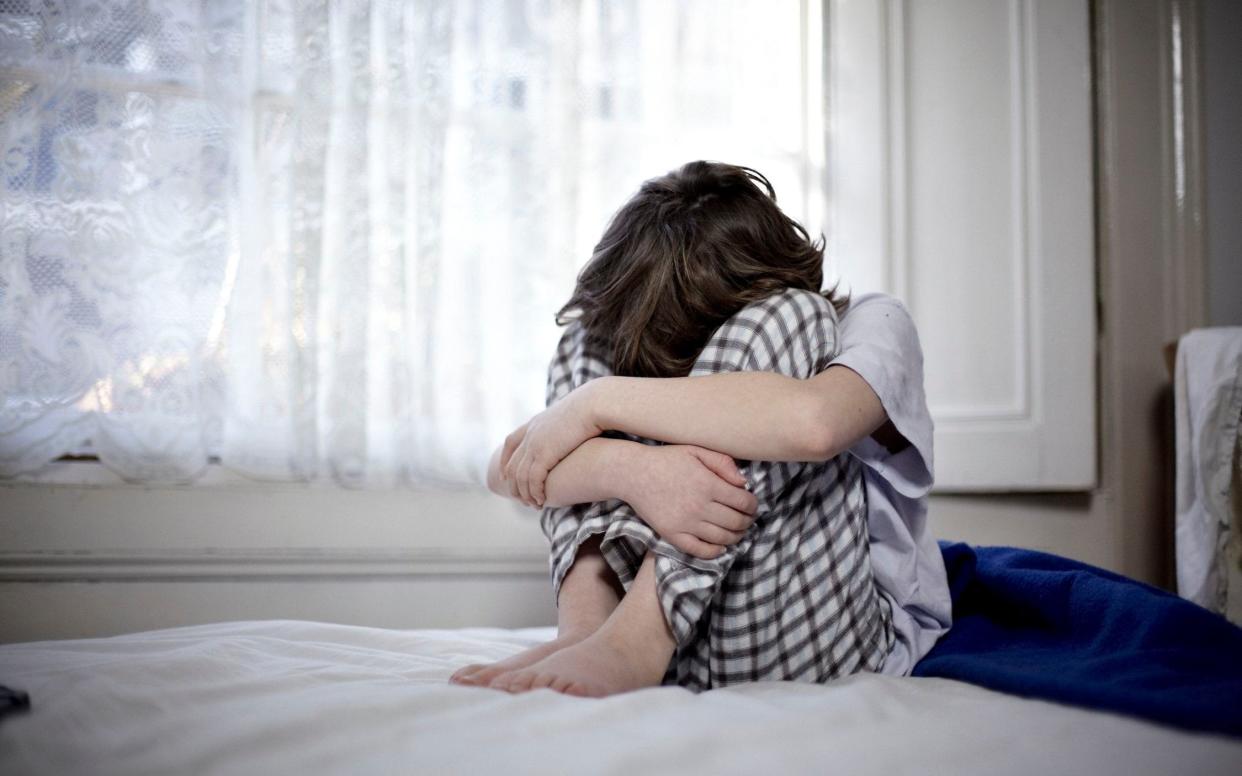Summer-born children are more likely to suffer depression in childhood, study reveals for first time

Children born during the summer are more likely to suffer depression than their fellow pupils, a study has revealed for the first time.
The youngest children in the academic school year are 30 per cent more likely to develop mental health problems.
Scientists used electronic GP records for a sample of one million school-aged children in the UK and found children born in the last three months of the school year were prone being 30% more likely to develop depression compared to those born in the first three months.
Dr Joseph Hayes, co-author of the study and clinical research fellow consultant, at University College London, said: “It makes sense that as a child, if you’re comparing yourself to someone a year older, even something as simple as kicking a football - the difference in size between a four-year-old and a five-year-old is stark, so it’s most likely similar for mental development. Teachers also have expectations of certain behaviours.”
He added: “If you look at the UK curriculum compared to other countries, it becomes academic very early on, maybe there should be more of a focus on socialisation and play time for children which would be better for them.
“It might be hard to make this structural change, but teachers need to be aware that these things have an impact and should pay particular attention to the young ones and to encourage group work so that they don’t feel so different to their peers.
“Any child having difficulty you would hope would be picked up on by teachers anyway, but there are probably interventions like this that would have an impact.”
Each year around 800,000 children start primary school in the UK. Based on the results of the study the researchers would predict that amongst these children, about 500 more of the youngest in the year might be diagnosed with depression compared with the oldest (2,200 v 1,700). This is over the whole course of their schooling up to 16 years old.
The groundbreaking research, entitled Association of Relative Age in the School Year With Diagnosis of Intellectual Disability, Attention-Deficit/Hyperactivity Disorder, and Depression, is published today in JAMA Pediatrics, was led by the London School of Hygiene & Tropical Medicine (LSHTM)
Scientists said that the total number of children diagnosed with depression remains low but that the findings should be a catalyst for more research into the causes of depression in schoolchildren and how to prevent it.
Professor Ian Douglas, senior author from LSHTM, said: “Just 1% of the youngest quartile in a school year will be diagnosed with depression by age 16, and fortunately there is an increasing awareness about mental health as a priority. However, we should focus on reducing the number of children affected.
Study lead author, Jeremy Brown from LSHTM added: “We’ve known for a while that children who are young in their school year are more likely to have hyperactivity disorders and tend to do less well academically than older children. However, we believe this is the first evidence of an association between younger relative age in the school year and increases in the diagnosis of depression.”
The authors acknowledge limitations of the study, including the possibility that children who had deferred school entry would have been included in the wrong age category, though national statistics show deferral is uncommon.
Using the Clinical Practice Research Datalink database, the researchers divided all school age children into four age categories based on their age within the school year.
Then they compared the rate of GP recording of ADHD, intellectual disability and depression in these groups, adjusting for calendar year, socioeconomic status and sex.
According to the research, there was no difference in the pattern of results between boys and girls. However, there was some suggestion the association with ADHD was stronger in children aged under 10.
Comparing the youngest against the oldest in the year, with intermediate associations seen for children in the two middle age groups, saw the strongest associations.
The researchers said it was not possible to accurately estimate any possible difference in results based on ethnicity or individual country within the UK.

